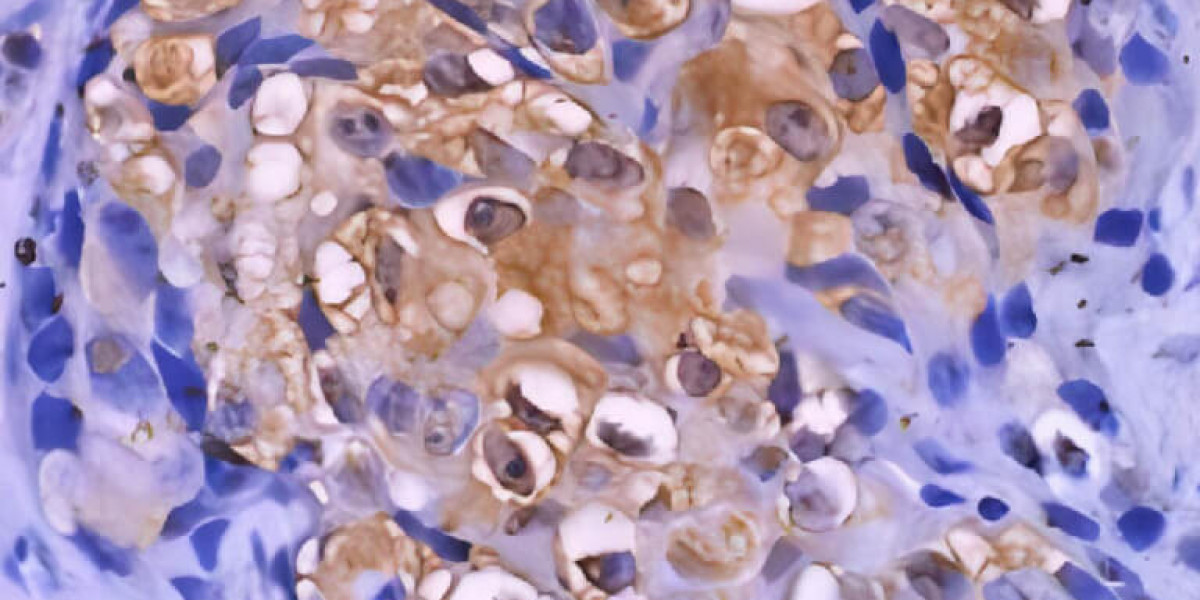Plastic machining is an increasingly vital part of modern manufacturing, offering numerous advantages such as lightweight properties, corrosion resistance, and versatility. However, machining plastics presents unique challenges and requires specialized techniques to achieve precision and quality. Whether you’re a seasoned professional or a newcomer to the field, these essential tips will help you master plastic machining.

- Choose the Right Plastic Material
Selecting the appropriate plastic material for your project is crucial. Commonly machined plastics include:
- Acrylic (PMMA): Excellent optical clarity, often used in lenses and displays.
- Polycarbonate (PC): High impact resistance, suitable for protective equipment.
- Nylon (PA): Strong and wear-resistant, ideal for mechanical parts.
- PTFE (Teflon): Exceptional chemical resistance, used in seals and gaskets.
- Polyethylene (PE): High ductility, used in containers and packaging.
Each type of plastic has unique properties, so consider factors like strength, flexibility, temperature resistance, and chemical compatibility when making your choice.

- Optimize Your Machining Parameters
Plastics behave differently than metals during machining, so it’s essential to adjust your parameters accordingly. Key factors to consider include:
- Cutting Speed: Higher speeds often yield better results with plastics. However, be cautious of excessive heat generation.
- Feed Rate: A moderate feed rate helps in achieving a smooth finish and prevents material deformation.
- Depth of Cut: Shallower cuts are preferable to avoid stressing the material and causing surface imperfections.
- Use Sharp, High-Quality Tools
Sharp tools are critical in plastic machining to ensure clean cuts and avoid material tearing. Carbide-tipped tools or diamond-coated tools are highly recommended due to their durability and precision. Regularly inspect and maintain your tools to keep them in optimal condition.

- Control Heat Generation
Heat is the enemy of plastic machining. Excessive heat can cause melting, warping, and poor surface finishes. To mitigate heat build-up:
- Coolant: Use water-soluble coolants or air blasts to keep the material cool.
- Tool Path Planning: Plan your tool paths to minimize continuous contact and reduce heat accumulation.
- Speed Adjustments: If heat becomes an issue, reduce the cutting speed or increase the feed rate.
- Ensure Proper Clamping and Support
Properly securing your plastic workpiece is essential to prevent vibration, movement, and deformation. Use soft jaws, fixtures, or vacuum tables designed for plastics to hold the material firmly without causing surface damage.

- Finishing and Deburring
Plastics often require post-machining finishing to achieve the desired surface quality. Techniques include:
- Sanding: Use fine-grit sandpaper to smooth out any rough edges.
- Polishing: For transparent plastics like acrylic, polishing can enhance clarity and aesthetics.
- Deburring: Remove any burrs or sharp edges using deburring tools or chemical processes.
- Monitor Environmental Factors
Environmental conditions, such as temperature and humidity, can affect plastic machining. Plastics can expand or contract with temperature changes, so work in a controlled environment whenever possible to maintain dimensional stability.
Conclusion
Plastic machining offers vast potential for creating high-quality, precise components across various industries. By understanding the unique properties of plastics and optimizing your machining techniques, you can achieve superior results. Remember to select the right material, adjust your machining parameters, use sharp tools, control heat, secure your workpiece properly, and finish the parts meticulously.
Petron Thermoplast stands out as a trusted source for plastic machining components, offering:
- Custom Machining Services tailored to your specific needs
- Decades of Expertise in the plastic machining industry
- Rigorous Quality Assurance to ensure top-notch products
- Dedicated Customer Support to assist you at every step
With these essential tips and the high-quality components provided by Petron Thermoplast, you will be well-equipped to master plastic machining and produce parts that meet your exact specifications. Partner with Petron Thermoplast for unparalleled quality and performance in your projects.








